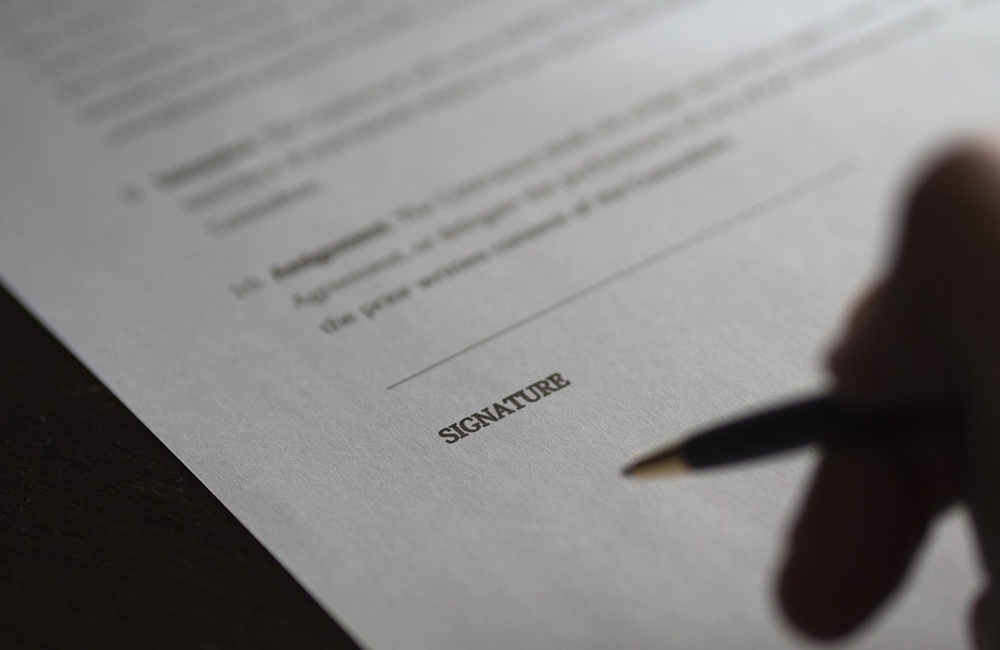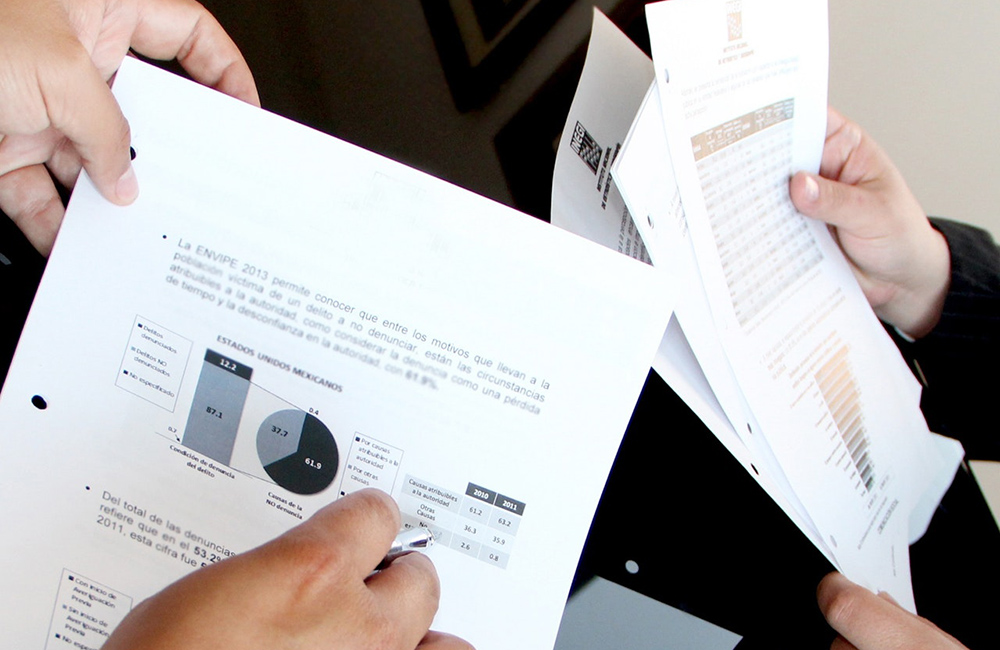Starting a restaurant from scratch is a lot of work. You need to find a location, purchase equipment, obtain licenses and permits, build a loyal customer base - and that's just the start. You don't have to start a restaurant yourself, though. A lot of would-be owners should consider buying an existing one.
Purchasing a restaurant helps alleviate a lot of the initial issues when starting a restaurant, and you may consider buying a bar / restaurant that you frequent often. When you go into a local establishment and find that it's always filled with patrons laughing and drinking, it may seem like a good choice for a purchase.

But there are a lot of questions to ask when buying a business. If you're looking for a restaurant to purchase, you must-know the following facts:
1. Why is the Owner Selling the Restaurant?
One of the most important questions to ask when buying a restaurant is: why is the owner selling? You'll find that owners may be reluctant to answer this question in full truth because the truth may impact the sale of the business.
Owners may be relocating, and in this case, operating the restaurant may no longer be viable.
Along with the owner's answer, you'll also want to take your time to create your own restaurant due diligence checklist. Some of the many items on your list should be finding out the answers to the following questions:
- Has the neighborhood been changing?
- Has crime in the area risen?
- Has the reputation of the restaurant declined in recent months?
- Has there been a major increase in competition?
You'll need to do your own research here so that you can have a clear picture of why the restaurant owner wants to sell.
2. You'll Be Owning All of the Assets
If you don't know how to value a restaurant, you may not know that assets are part of the valuation. These items may have immense value, and when they're conveyed in the sale of the establishment, you need to know the condition of the equipment. You have the right during the restaurant purchasing process to have someone come in and inspect all of the equipment.
It's important that someone with knowledge of the business assess all of the assets to ensure that they're still in operable condition. If the assets are still in good condition, that's a good thing.
If not, you can request that the items be repaired or replaced. Owners that are not willing to do this may be willing to lower the sales price to compensate for the broken equipment.
A few questions you'll want to ask are:
- When was the equipment purchased?
- Does any of the equipment have any issues?
- When was the equipment last repaired?
- Does any of the equipment still have a warranty?

3. Liquor Licenses May or May Not Transfer
Buying a business means that you'll be able to gain access to vendor and contract agreements, insurance policies and business licenses as well as intellectual property assets unless otherwise noted.
Liquor licenses may or may not be difficult to obtain in your city. You must inquire, with the city, if the license will transfer with the purchase of the business. In some states, it's very difficult to obtain a liquor license, and if the license is not transferrable, you may be missing out on a lot of potential revenue.
In this case, the business valuation cannot include liquor sales because you may have to shut down all sales of alcohol until you receive a license.
You also have to consider the local crowd. If people seem to go to the establishment on Sunday, Monday or Thursday during the fall and that's because they're watching sports on the big screen, will these individuals still go to the restaurant if you're no longer legally allowed to sell liquor?
4. You're Liable for All Liabilities, Too
You're in an exciting position to become the owner of a thriving business, but while the outside of the business may seem great, you have to dig deeper into what's happening behind the scenes. The seller's lawyer is going to work on the seller's behalf, so you need to be very diligent to protect yourself during the purchase.
When a business is purchased, you'll acquire:
- Tax liabilities
- Health code violations
- Labor code violations
- Lawsuits
You'll also be required to meet all of the financial obligations of the business, such as:
- Mortgages
- Leases
- Accounts payable
Everything will be your responsibility, and if staff is owed $15,000, you'll be responsible for paying them. You'll also want to inquire about the lease terms when making a purchase. This should be done by taking directly to the owner of the building.
Perhaps the owner of the building will not resign a lease, so the owner is selling due to having to relocate knowing that location is what really makes the business special.

5. Non-compete Agreements are Common
When signing a contract, you can request that the seller sign a non-compete clause. A scenario where this might be applicable is when the owner states that they're shutting down the business and staying local.
You know first-hand that when you go into the establishment, the owner is really the face of the business. The owner has a rolodex of names and information in their head of every patron that walks through the door. People always go up to the owner to talk to them, give them a hug or shake their hand.
If this is the case, a non-compete agreement may be necessary.
You can have restrictions, such as a non-compete, for a certain number of years, or the request that the owner not open up a similar business within a ten-mile radius of the restaurant. The last thing you want, as a buyer, is for the owner to sell and open a similar business knowing that their loyal customers will follow.
If the seller is older or in ill health, you may not need an agreement to be signed.
Many experts claim that the agreement should not be a deal-breaker. It's always good to request that a non-compete be signed, but if you know for a fact that the owner will be exiting the business for good, you may not need an agreement to be signed.
6. Your Right to Financial Records
It's common to have access to the company's "books" before making a purchase. The goal is to be able to sit down and look at the sales and expenditures of the business. This information will provide a wealth of insight into the state of the current business. Perhaps sales were booming, and all of a sudden, sales declined over the last year.
If the owner is selling based on the figures from a year or two ago, you may have to negotiate a new sales price. A general rule of thumb is that a restaurant will be valued at a price of three-to-five times the yearly profit.
A small diner making $100,000 profit per year may sell for $300,000 to $500,000. You also need to consider any real estate that's part of the sale. If the real estate will be part of the transaction, this figure would be in addition to the market price for the property.

7. Ask About Employee Contracts and for Commitment to Employees Staying on
A head chef leaving once the transaction closes can spell a quick ending to a business. Employees are the lifeblood of a business, and you'll need to know who plans on staying and leaving when the business sells.
You will also want to know the ins and outs of:
- Employee training procedures
- Tip guidelines
- Payroll
- Schedules
Many owners will even provide a period of training that will allow you to be able to transition into your role as owner with much greater ease.
It's your right to know about the employees of the business, past problems, if anyone is planning on leaving and how the entirety of the business operates before signing a buying agreement.
Learn more on running a restaurant business
- A Complete Guide To Restaurant Renovation
- Hiring The Best Restaurant Staff: 10 Interview Questions Operators Should Ask
- Things To Consider BEFORE Expanding Your Restaurant Business
- Choosing The Right Restaurant Location
- How To Find The Best Restaurant Consultant For Your Business
- How To Get Funding For A Restaurant: Investors, Grants, Loans And Business Partners
Commercial Equipment: Quote and Advice
Get professional advice and estimates on the necessary equipment as well as a list of supplies needed to start a restaurant.
Richard
tel: 718-369-0600
richard@mcdonaldpaper.com


